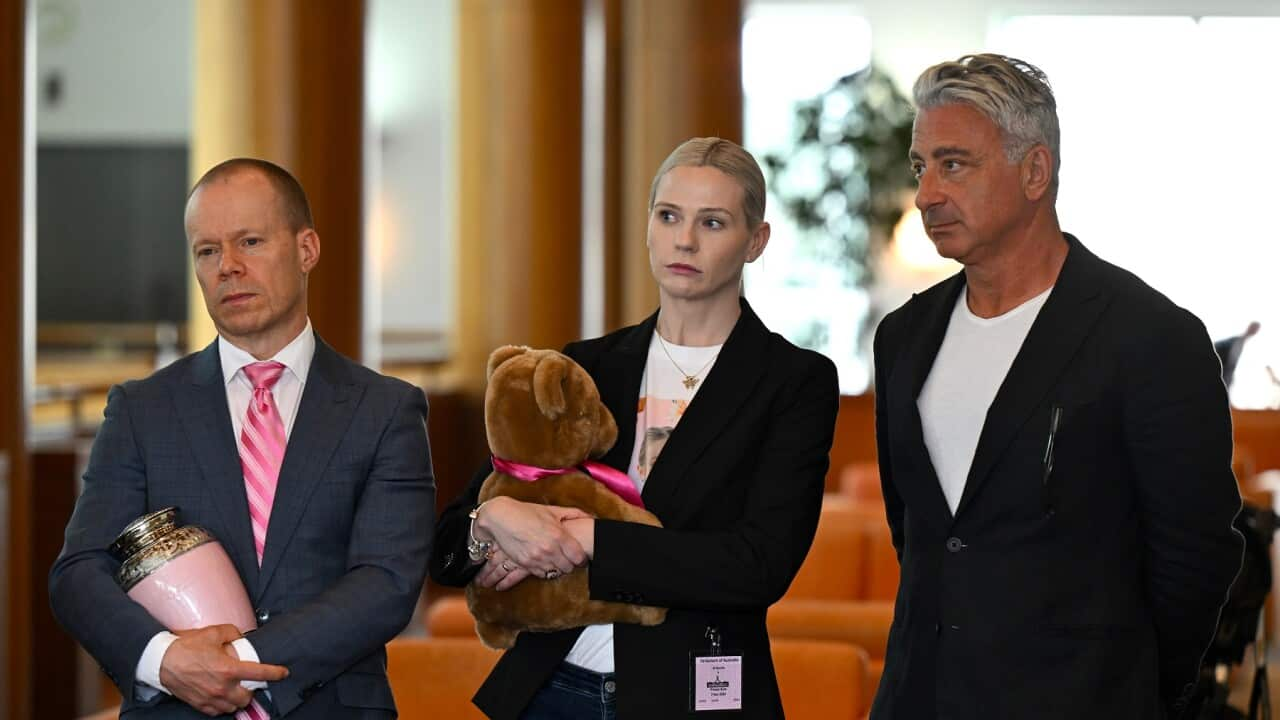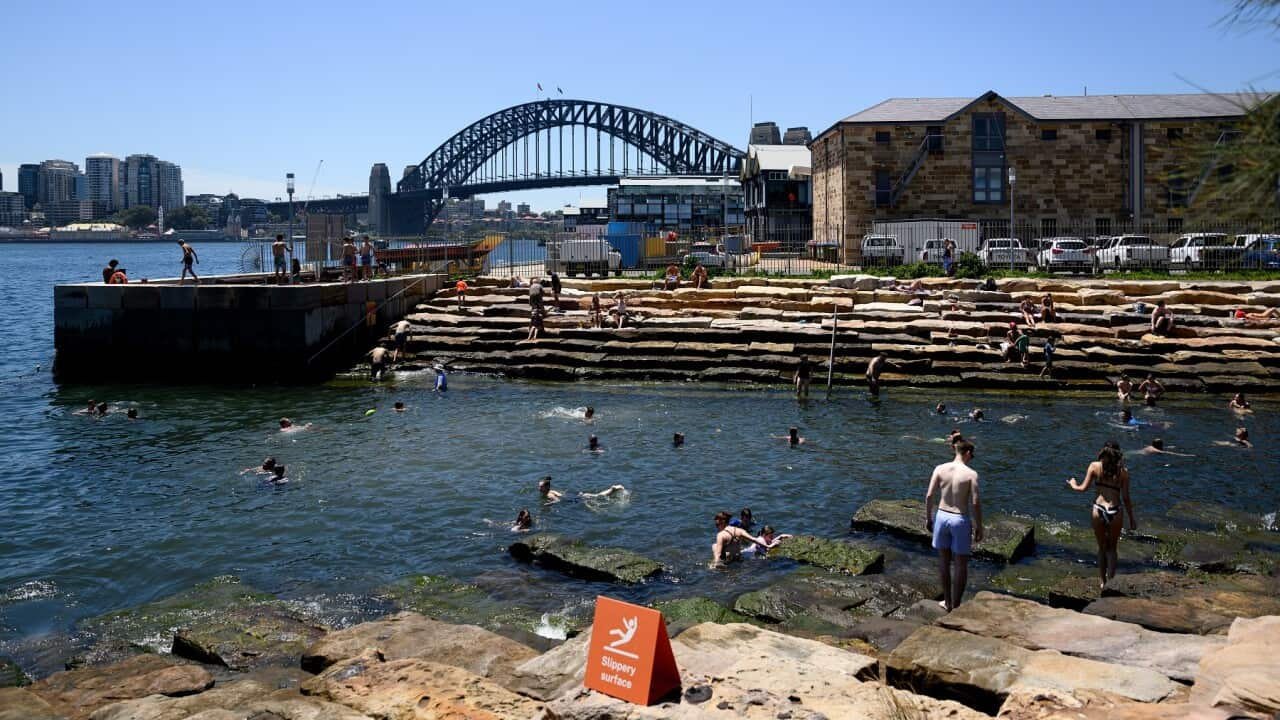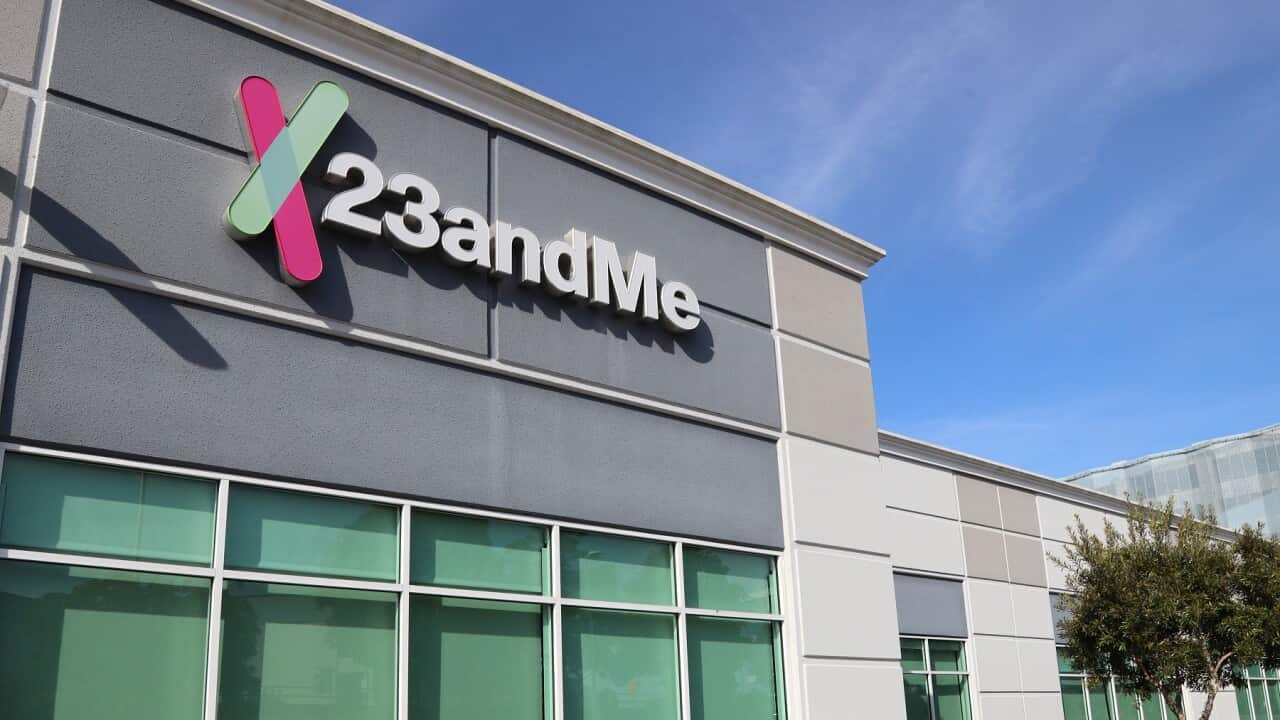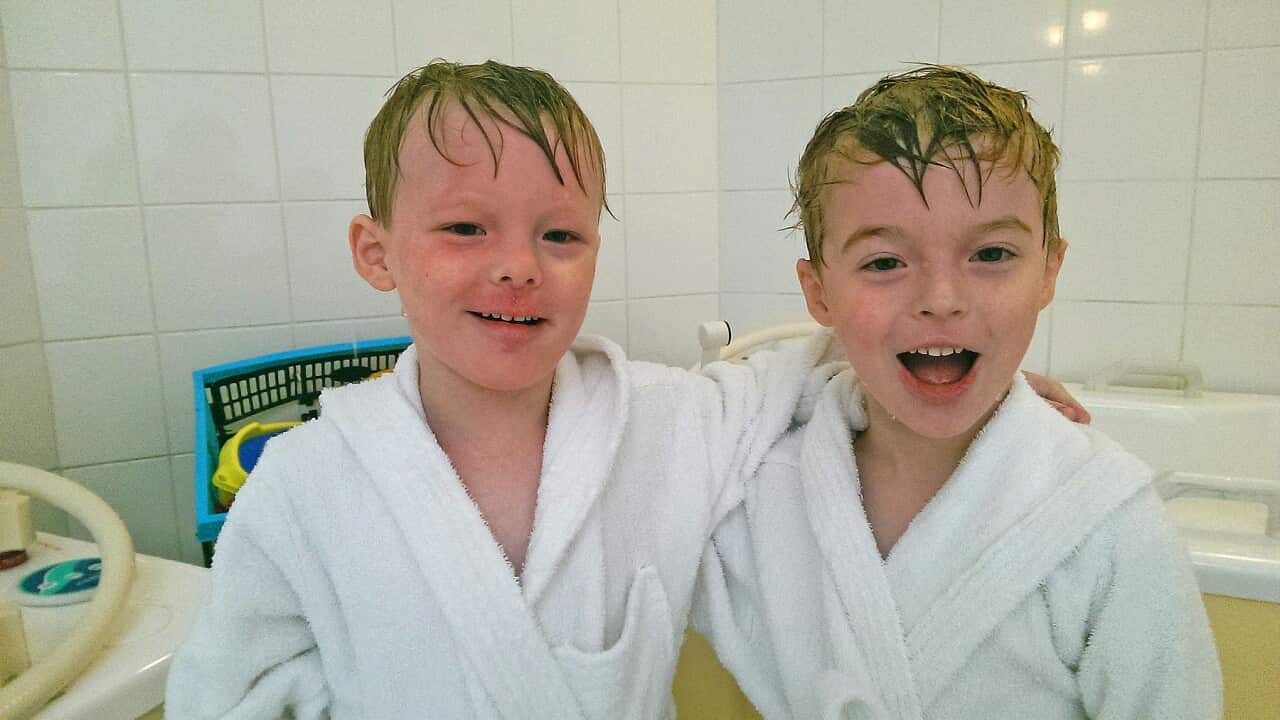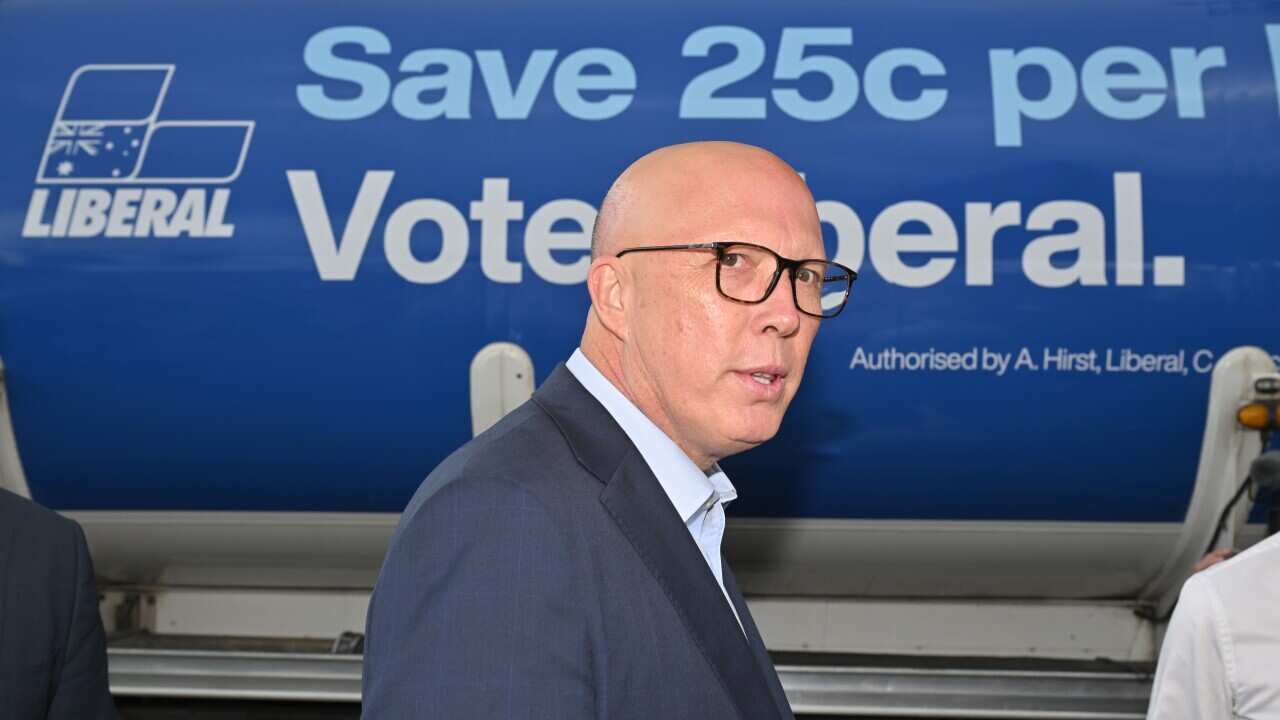TRANSCRIPT
At 14 years old, Liv Evans got her first social media account.
She didn't make it to her 16th birthday.
"It started with some bullying at school, and then it took a dark turn with social media. Not cyber bullying, but just the downward spiral that she went on with social media around her body image and how to find strategies to become better at what she was doing. And then ultimately, that was what caused her finding ways that she could end her life, on social media."
That's Robb Evans, Liv's father.
He's one of many advocates who have been calling for an age limit for social media.
Now the government has a plan to ban people under 16 from accessing the platforms.
"These laws would have protected her. Liv can't have a voice now, but I know that she wanted to achieve change for other young girls and people suffering from eating disorders. Social media is a big part of that, and it's getting worse for our kids, so I feel that this is just the right thing to do."
Prime Minister Anthony Albanese says families across Australia are concerned about social media.
"Social media is doing harm to our kids and I'm calling time on it. I've spoken to thousands of parents, grandparents, aunties and uncles. They, like me, are worried sick about the safety of our kids online."
Legislation to introduce the ban will be introduced to Parliament this year.
It will come into effect 12 months after passing and will apply to all current and future social media users.
The office of the eSafety Commissioner is to provide oversight and enforcement of the ban, including setting out what reasonable steps social media companies can take to implement the ban.
The Commissioner would be able to control what is covered by the ban, and determine what platforms or activities are low-risk and could be exempt.
Mr Albanese says the tech companies will be responsible for implementing the ban.
"The onus will be on social media platforms to demonstrate they are taking reasonable steps to prevent access. The onus won't be on parents or young people - there will be no penalties for users."
Professor of Information Sciences at RMIT University, Lisa McGivern, says it's unclear exactly how the ban will work.
“We will all likely have to be able to verify our age and demonstrate that we're of age to use these platforms. That could involve, for example, uploading ID to a technical site. It could be that there are technical pieces put into place. So in some cases, there are new technologies around attempting to look at a person's face and determine what their age is, but a lot of those technical features are still very much in development.”
But she warns there could be workarounds.
"There will be very kind of straightforward potential ways to get around this. For example, a young person could access someone else's account on a home computer or using perhaps a friend's phone, who actually is of age and able to access the account. Another potential mechanism would be, of course, using a VPN, which would then where you're kind of fooling the system into believing you're in a jurisdiction that does not have this rule in place, that you're in another country outside of Australia, and then being able to create an account online."
The Prime Minister has acknowledged there's no perfect system.
"We don't argue that the changes that we will be legislating will fix everything immediately. We have laws such as people can't buy alcohol if they're under 18 and, from time to time, that can be broken. But those laws set what the parameters are for our society and they assist in ensuring the right outcomes."
Opposition communications spokesman David Coleman supports the move.
"We welcome the Prime Minister's announcement today that the government will legislate for a minimum age of 16. It's the right thing to do, and it's something that Peter Dutton committed to back in June. So we welcome that today. We want to make sure that the legislation is strong and that there aren't loopholes, and that this really protects Australian kids."
Dr Stephanie Wescott, from the School of Education, Culture and Society at Monash University, warns there could be unintended consequences from the ban.
"For lots of young people, particularly young people of minority identities, social media is a really important place for them. It's where they can connect, socialise and do a lot of identity formation work. So removing this space for them that's really important and connective will likely do some harm to people of those communities.”
If this story has raised issues for you or someone you know, you can get support from The Butterfly Foundation on 1800 33 46 73, or Lifeline on 13 11 14.
